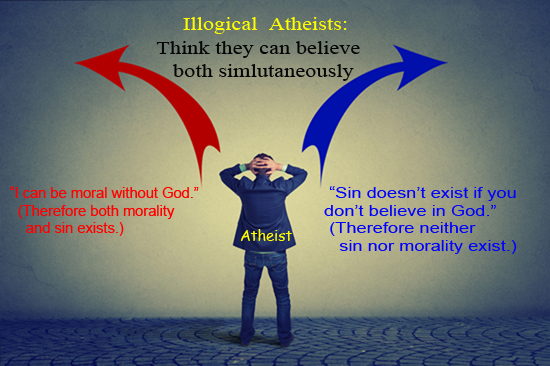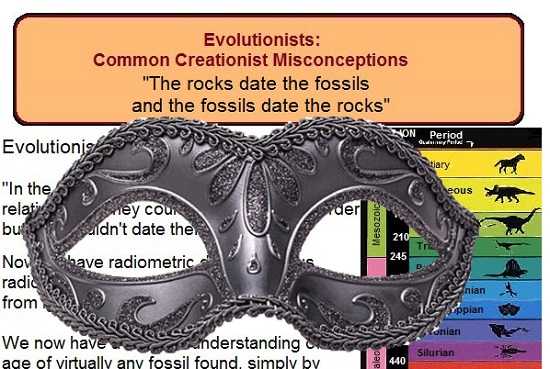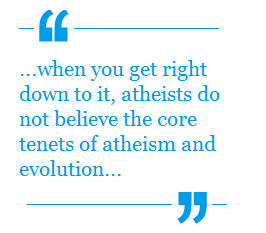Worldviews have consequences. Particularly regarding morality. If you understand the concept of a “worldview” that is obvious. For those unfamiliar with the term, here’s a definition by “Purpose Driven Life” author Rick Warren who did a study series on it with the late Chuck Colson called “Wide Angle – Framing Your Worldview.” The concept of worldview is critical to the point made both in the meme above and repeated in this article, so if you’re not familiar with it, please take a look at the link.
Two Points in the Meme
Take a look at the meme above, and note both the meme and particularly the tweet used to send it actually make two points.
The first point: There is nothing in the atheist worldview that says that murdering innocent children is wrong, or evil or should be avoided. In fact according to the atheist worldview there is no morality, so there is nothing that can be called “evil.” All actions are equally valid or equally moral. Continue Reading







